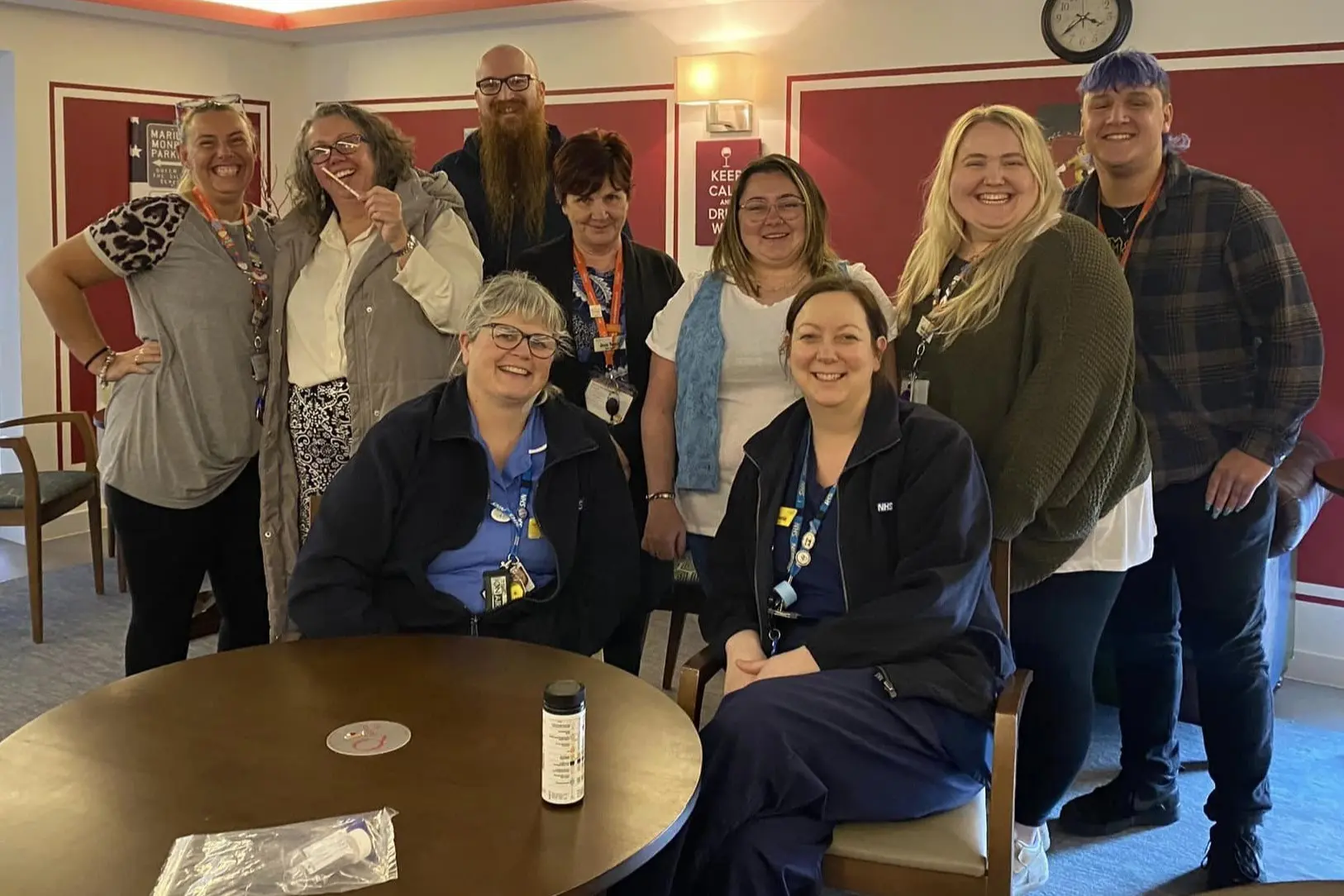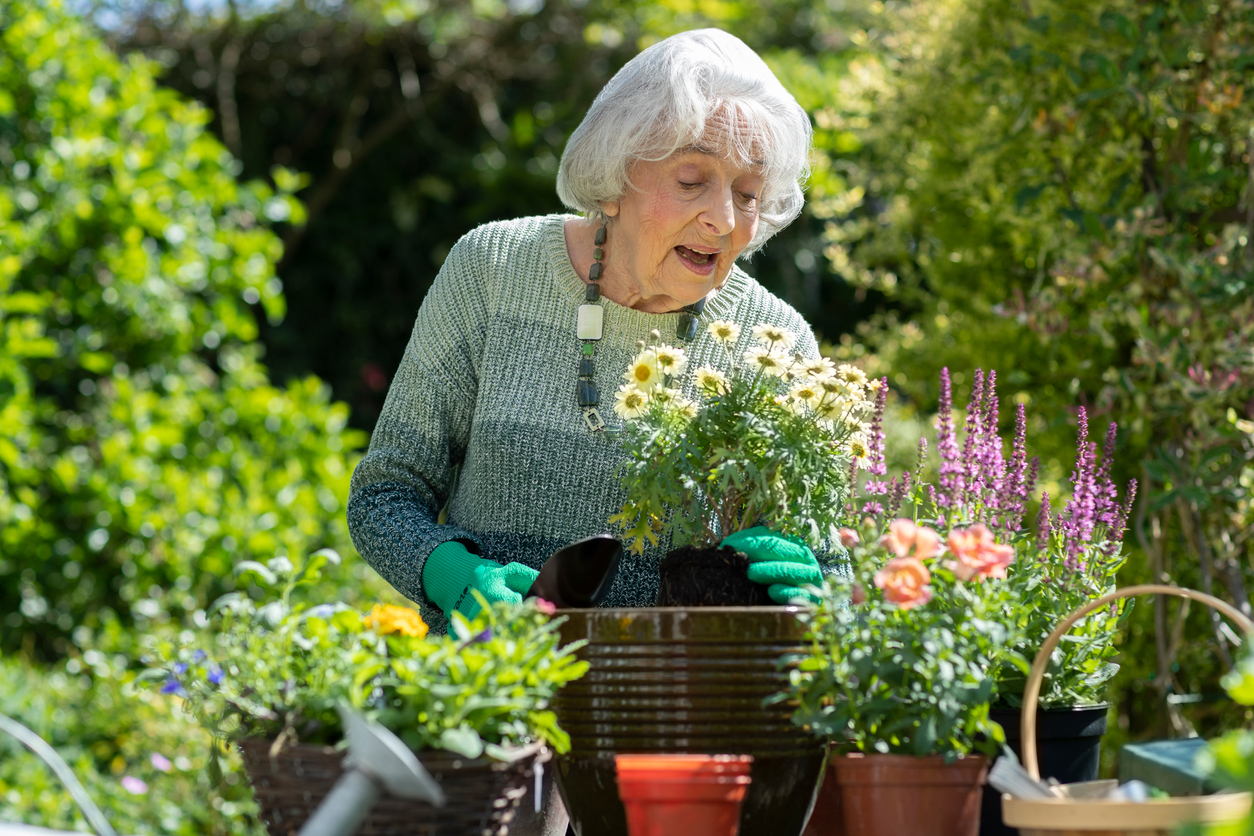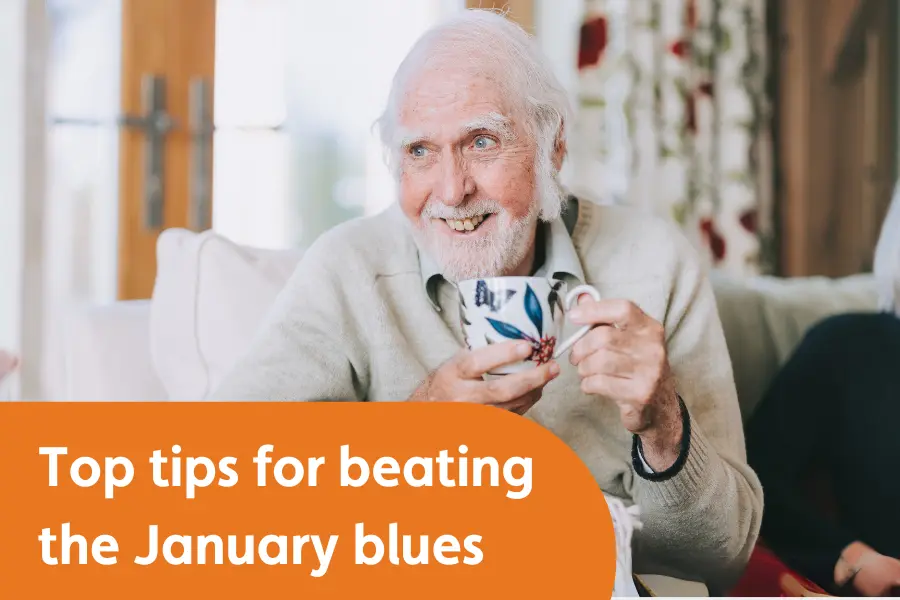This is the first video in a new series created to support safer moving and handling, whether you’re caring for someone at home or providing care as part of your job.
In this first video, we look at a few important steps to think about before you begin to move someone. From what you wear to how you position yourself, getting ready properly helps keep everyone safe, comfortable, and confident.
Why preparation matters
Moving and handling isn’t just about how we lift or support someone. It starts earlier than that – with how we present ourselves, how we communicate, and how we check that the person is ready.
Getting it right helps protect the person being moved, but also your own body. Small, simple things can prevent discomfort and injury on both sides.
Remove anything that could get in the way
Jo begins by highlighting the importance of removing jewellery and watches. Even a wristwatch can catch on fragile skin. Rings, particularly those with stones, can also cause harm during handling.
If you have long hair, tie it back. If you wear a lanyard or scarf, take it off. These are simple steps, but they can prevent accidental harm or distress.
Choose clothing and footwear carefully
- Wear flat shoes with good grip to help you stay balanced
- Closed toes and heels are best if you’re using equipment
- Comfortable clothing is important – but avoid anything too loose
All of this helps keep you steady and reduces the chance of trips, slips, or strain.
Don’t forget your hands
Hand hygiene matters more than ever. Wash your hands before and after providing support, and keep your nails short to avoid scratching or catching on the person’s skin.
If you wear rings, remove them before handling. And while moisturising is helpful, avoid using hand cream just before moving someone, as it can make your grip slippery.
Protect your posture
One of the most important messages Jo shares is to protect your own back. It’s easy to forget this when you’re focused on helping someone else.
- Avoid twisting or stooping
- Keep your spine in its natural alignment
- Use your legs, not your back, when lifting
Maintaining good posture now helps prevent long-term issues later.
Is the person ready to move?
Before moving someone, it’s essential to check whether they’re able and prepared. Jo shows simple strength tests to help with this:
- Knee test: Place a hand on their knee and ask them to push up
- Arm or wrist test: Gently ask them to push against your hand
These checks aren’t about putting pressure on the person – they’re about understanding their strength on that day, in that moment. It might vary, and that’s OK.
A word for unpaid carers
Jo also reminds us that many people supporting loved ones don’t think of themselves as carers – it’s just something they do out of love. But if you’re regularly making plans around someone else’s care or feel you can’t leave them alone, you are a carer.
That means you’re entitled to support, including a carer’s assessment. You can ask your GP or search online for your local council’s contact details. These assessments can connect you to advice, resources, and practical help.
Keep watching
We’ll be sharing two new videos each week across our social channels and in our Learning Centre. You can also view the full playlist on our YouTube channel.
The episode of the series will look at how to help someone stand from a seated position – keep an eye out for that soon.
If you have any questions about this video, or if you’re a family member of one of our clients and feel you’d benefit from attending one of our in-person training sessions, you’re very welcome to get in touch. Please contact Jo Cleary at jo.cleary@uniquecare.co.uk.
Discover More For Your Care Journey
Visit our Learning Centre for expert articles, helpful videos, in-depth guides, and answers to common questions – helping you make informed care decisions with confidence.
Jo joined Unique Senior Care as a Carer in 2011, transitioning from a nursing background. With 25 years of experience in health and social care, including mental health and children with disabilities, Jo has embraced numerous growth opportunities within the company.
Passionate about learning and development, Jo earned a Level 5 Diploma in this field and is committed to equipping teams with the skills needed for outstanding care.
Jo’s qualifications include advanced training in people handling, risk assessment, safeguarding, basic life support, first aid, health and safety, and dementia care. Jo has also completed numerous workshops and CPD courses, such as the SCIE’s Co-Production webinar.
These accomplishments reflect Jo’s dedication to fostering a culture of safety and excellence in care.


